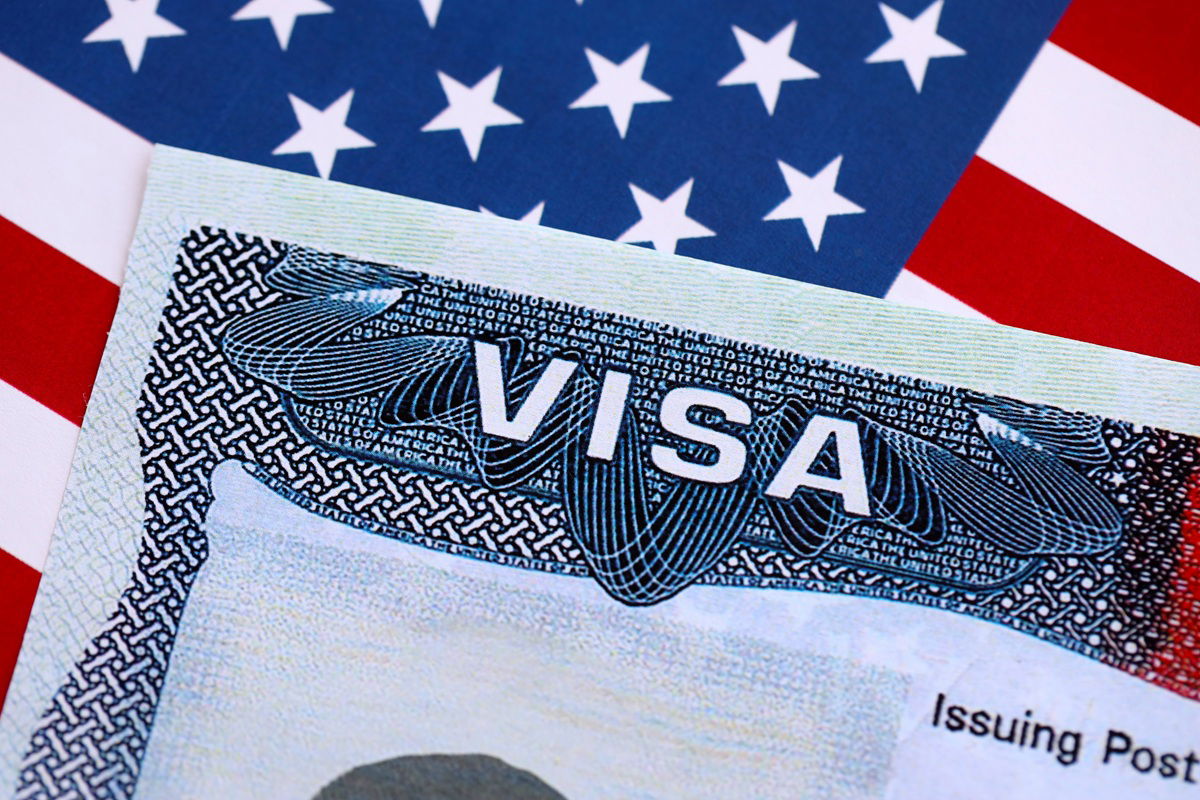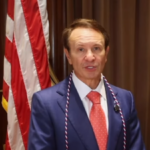America’s visa policy has come under scrutiny following the leak of President Trump’s instructions. Credit: Mehaniq
Leaked documents from the US State Department reveal controversial new immigration policies under Donald Trump’s administration. Under the policy, overweight foreigners could be denied entry visas.
According to the directive, consular officials are now required to consider obesity as a medical condition that may render visa applicants “inadmissible” if long-term health care could become an economic burden to the United States.
The leak, which has already sparked an international backlash, comes as part of a new push by Trump to tighten immigration laws since returning to the White House.
Obesity is listed as one of the “expensive” medical conditions
The State Department memo also lists obesity, along with a long list of medical concerns, including diabetes, cancer, respiratory disease, cardiovascular disease, and certain mental health conditions.
The law directs authorities to ask whether visa applicants have the means to cover potential medical expenses “over their entire anticipated lifetime” without relying on government assistance.
Health experts say this approach could unfairly penalize millions of people. They say obesity is often associated with conditions such as asthma, high blood pressure and sleep apnea, all of which can require expensive treatment.
Critics have slammed the directive as discriminatory and unscientific, arguing that it effectively judges a person’s worth based on their weight.
However, the White House has defended the move. President Trump’s spokesperson Tommy Piggott said: daily mail: “It’s no secret that the Trump administration puts the interests of the American people first. This includes enforcing policies that ensure our immigration system is not a burden to American taxpayers.”
Part of a broader immigration crackdown
The new guidance only applies to: immigration This is not a short-term stay visa, but a visa for permanent residence.
Still, it fits neatly into President Trump’s broader immigration policies. Since returning as prime minister, he has rolled out a series of tough measures, from raising work visa fees to $100,000 a year to reinstating a blanket travel ban.
The $100,000 fee applies to companies that sponsor H-1B visas, which are typically used to bring highly skilled workers to the United States. President Trump said the measure would ensure that “only the best and most dedicated people” come to the United States. But critics warn it could displace the very talent the U.S. economy depends on.
A new “gold card” visa system has added to the controversy because it would expedite residency for wealthy foreigners willing to make what the government calls “significant financial gifts” to the United States. Up to 80,000 of these elite visas are expected to be issued annually.
The administration insists these policies are about safety and not discrimination. “We are constantly reviewing our visa system to ensure that foreign nationals comply with the law and are not a burden to taxpayers,” a senior State Department official said.
Backlash grows over “medical discrimination”
Human rights groups and public health experts have denounced the “obesity visa rule” as one of the most extreme immigration proposals ever introduced by the US government.
“These kinds of policies reduce people to medical labels,” said one immigration rights lawyer. “It ignores the complex social and genetic factors behind obesity and treats health as a moral failing.”
Medical experts also questioned whether the measures would have any measurable impact on the U.S. health care system, saying the link between immigration and long-term health care costs has been “grossly exaggerated.”
With President Trump returning to office and once again tightening immigration rules, the world is watching to see whether the new “obesity visa rules” will stick, or whether a global backlash will force a reversal once again.
For more US news, stay tuned to globalnewsphere








